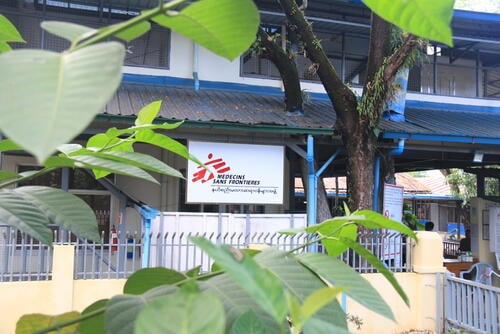MSF teams continue to care for HIV, tuberculosis and hepatitis C patients, provide basic healthcare and reproductive and sexual healthcare services, and to respond to medical emergencies.
We pioneered HIV treatment in Myanmar – at one point becoming the largest provider of antiretrovirals in the country – and steadily grew a large patient cohort. In 2015, we began working with the Ministry of Health to transfer patients to the decentralised National AIDS Programme, so people can receive care closer to home. This has been suspended since the military seized power, and we are now seeing those patients return to us in greater numbers at our clinics in Shan, Kachin and Tanintharyi.
Despite restrictions on humanitarian access to conflict-affected areas, we have mobile teams based in Sittwe and Maungdaw in Rakhine state, who offer basic healthcare. They also arrange emergency referrals for patients from all communities, including those forcibly detained in camps.
Our activities in 2022 in Myanmar
Data and information from the International Activity Report 2022.
1,340
1,34
€16.5 M
16.5M
1992
1992
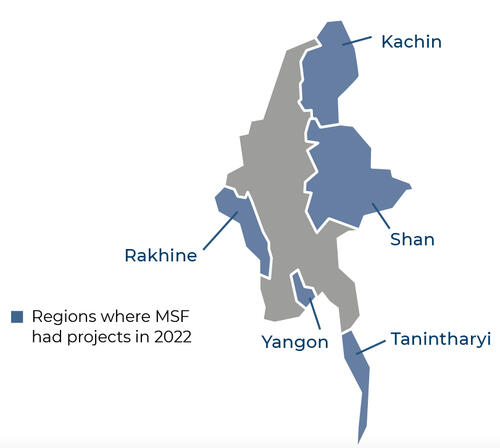

190,700
190,7
7,760
7,76
2,470
2,47

33
33
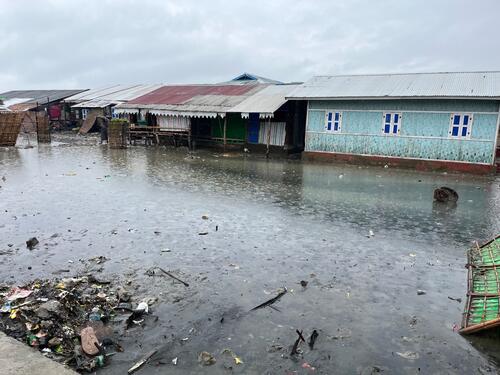
Cyclone Mocha: Aid efforts severely hampered by new restrictions
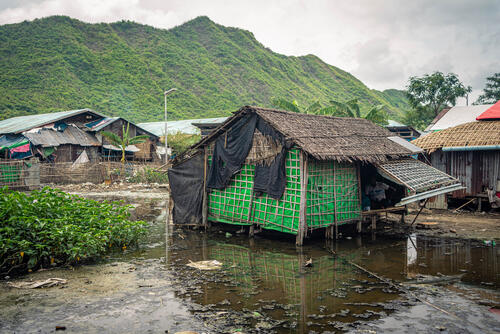
Ten years in dire conditions perpetuates severe mental health problems for Rohingya
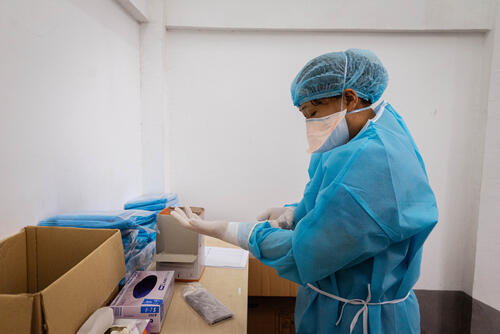
Responding to COVID-19 during political crisis in Myanmar
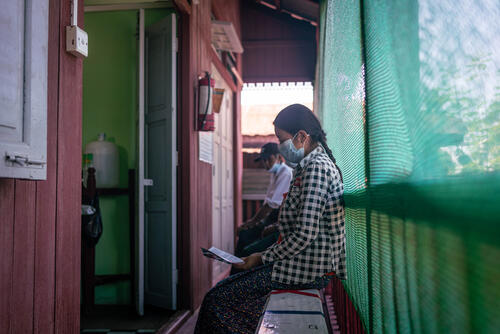
Myanmar: Political turmoil threatens HIV care
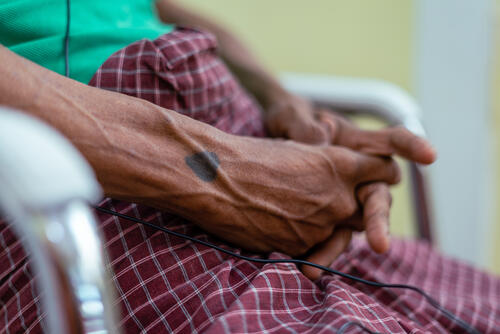
All parties must ensure unimpeded access to healthcare in Myanmar
